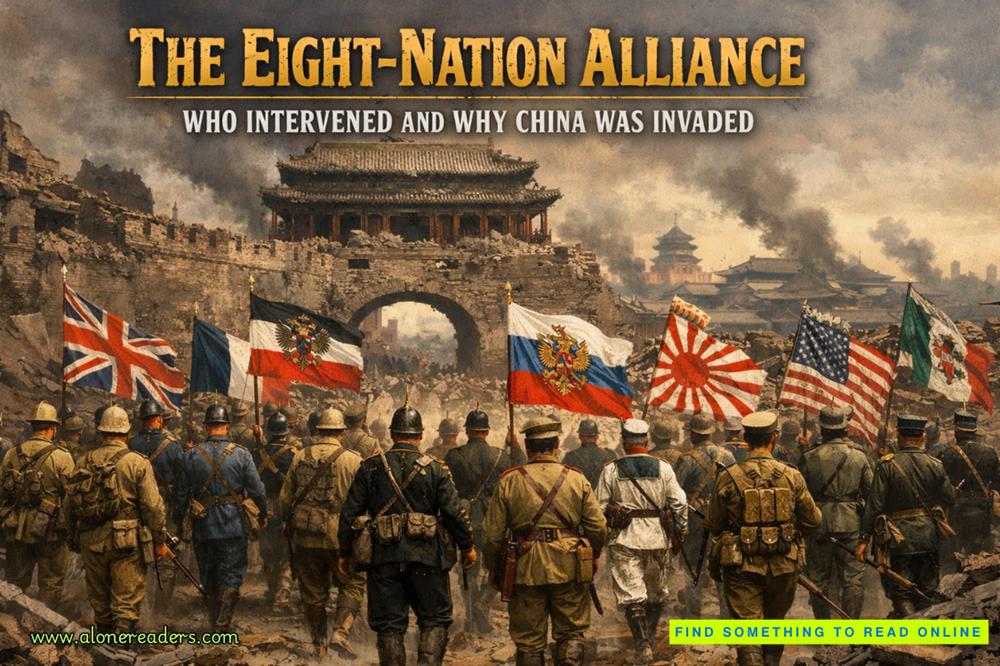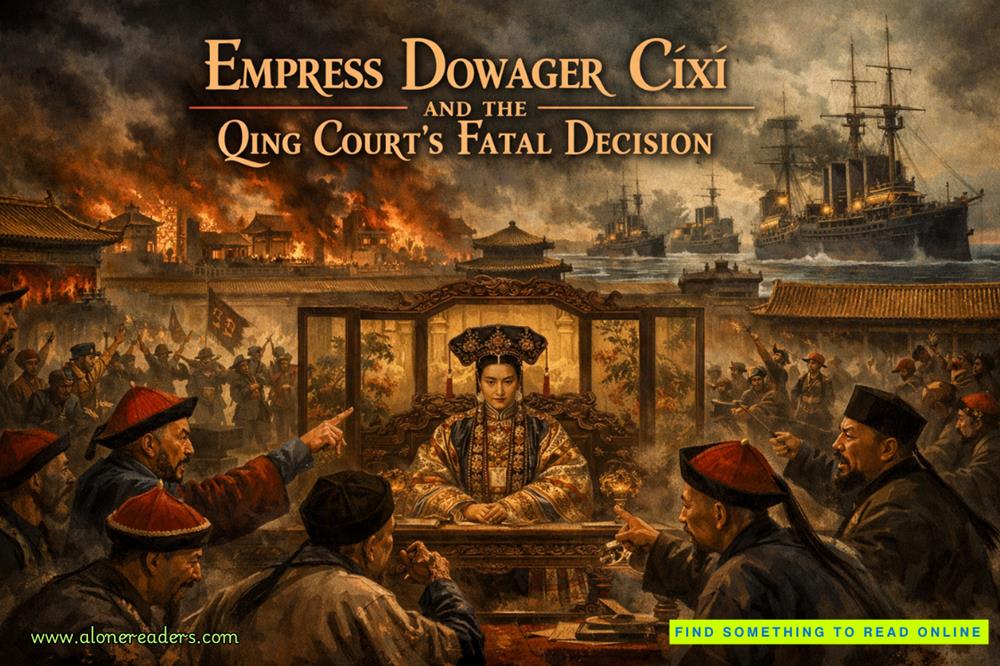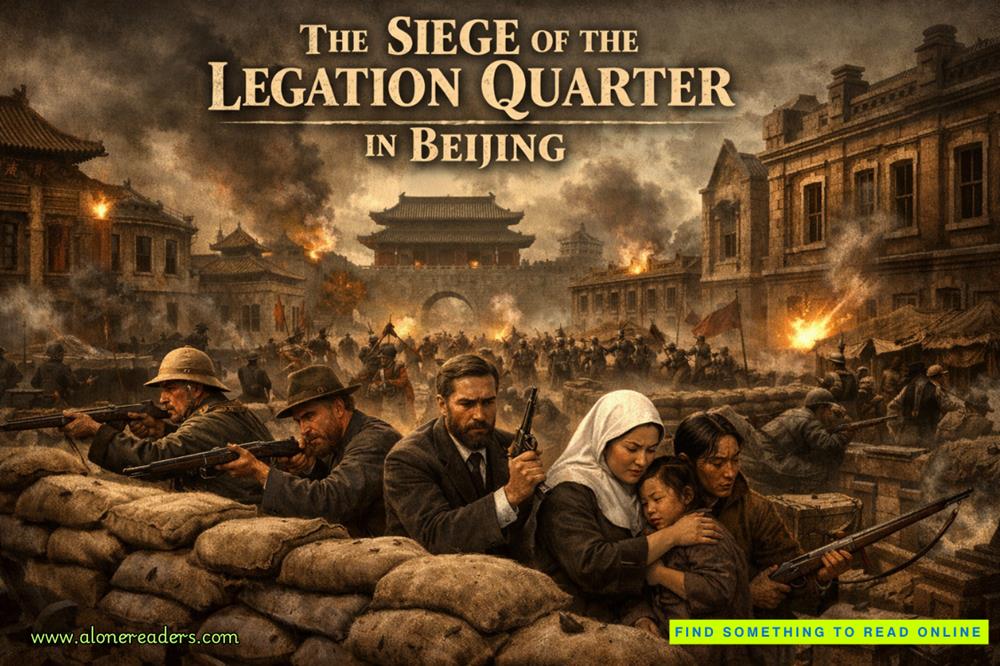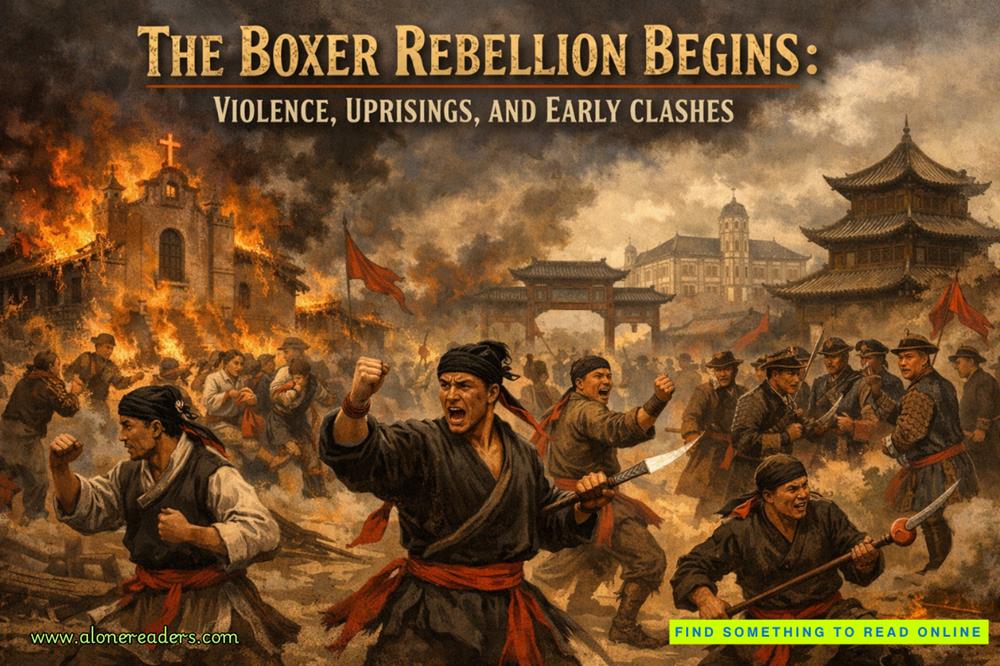She’d been trained to read numbers the way others read maps or stories. Subtle shifts meant more than missing crates. They revealed intent. A delayed shipment. An added tax line. Things no one else would question, but she could feel the patterns. Like the sea pulling back before a wave. The Lisbon cargo still stood out. But now something else did too. Her breath caught. One discrepancy might be a mistake. Two was a pattern. Her heart began to race, not with fear this time, but with clarity. She hadn’t imagined the unease. There was something hiding beneath the ink.
The Carrabelle. Two crates of ink and five of spices, at least, that’s what the official ledger claimed. But the dock report she’d filed that day listed only three crates. She’d seen them offloaded herself.
She rose, moving to the small cabinet where she kept personal records, logs she maintained independently. She’d done so since she was sixteen, for practice, her father said.
There it was.The Carrabelle’sarrival. The notation in her hand: Three crates received. Discrepancy noted. Thomas unaware.
She stared at it.
Hamish’s voice echoed in her mind.He’s not—
She didn’t know who he referred to. But the words haunted her. She turned them over in her mind like a riddle, unfinished and incomplete. She could almost feel Hamish’s urgency in those last seconds. That wasn’t a man casually warning a friend. That was someone terrified of being too late.
Someone had made those shipments disappear from the records. And someone else wanted her to stop looking. She closed the cabinet and locked it. And if no one else intended to find the truth, she would.
She moved to the window, the ledger still in hand. Outside, the sea shifted under slate-grey clouds, the tide rising. Mary-Ann touched the window’s edge, cool beneath her fingers, and pictured Hamish’s weathered face, the way he always seemed to know the wind before it turned. He’d trusted her once. Believed in her instincts. And now, whether anyone else did or not, she would believe in them too. She didn’t know where the answers lay, only that they wouldn’t come from her father or from the man who thought her too delicate to keep books. If there was a traitor, she would name him. Not for glory. Not for vengeance. For Hamish, who had tried to warn her.
The sky beyond the glass darkened at the edges, but her thoughts were sharp, bright as a lantern. The tide was rising. So was she. If no one else would bring this to light, she would. Let the wind howl and the sea rage. She would not look away.
Chapter Seven
The next morningbegan with the scent of burnt sugar wafting down the corridor of Sommer Chase. Quinton paused on the landing, one brow raised. It wasn’t an unpleasant scent, exactly, but it did not bode well. From below came the muffled sound of arguing or possibly strategizing. Or both.
He descended the staircase cautiously, hand skimming the polished banister, until he stepped into the drawing room and stopped short.
Three footmen stood like soldiers, each with a plate of half-eaten cake, one pale with shock, one chewing slowly as if unsure whether to swallow, and one grimacing as though betrayed. A young maid was dusting powdered sugar off the edge of the rug. In the center of the chaos stood Kenworth, holding a fork like a weapon. One of the cakes, lavender sponge with sugared violets, still trembled slightly on a silver tray as if it were offended.
“Tell me again,” Kenworth said dryly to the stout baker before him, “why the almond cake needs to taste like syrup of squills.”
The baker sputtered. “It’s traditional.”
“So was bloodletting,” Kenworth mumbled.
Barrington appeared in the doorway, took one look at the room, and muttered, “I should’ve taken Honoria to Greta Green.”
“You’d have spared your household,” Quinton offered mildly.
“I’d have spared myself.” Barrington shook his head as he surveyed the room.
Kenworth inclined his head toward Barrington. “My lord, the third cake is tolerable. The second was aggressively floral. The first… we will not speak of the first.”
“I left orders for no tastings until this afternoon,” Barrington muttered. “Honoria said nothing of a tasting this morning.”
“Mrs. Bainbridge,” Kenworth said, “sent the cakes. Along with a note that reads, and I quote, ‘A morning treat!’”
Quinton bit back a smile. There was something comforting in the absurdity. After weeks of closed doors and cautious stares, this…this ridiculous display of confectionery warfare felt like a breath of fresh air and the closest thing to normal he’d known. Since Barrington had pulled him from the remains of that nameless outpost in Spain, little had felt real. But this? This was human and somewhat hilarious.
Barrington blew out a breath, the kind only a man in love, and trapped by buttercream, might release. “Where’s Simms? This seems like a punishment he deserves.”
“In France,” Kenworth replied. “Where cake is properly made.”
“Gentlemen.” Barrington gestured to the door. He turned to Kenworth. “Tell Mrs. Bainbridge I’m indisposed and unable to taste cakes at the moment.” He ran his hand through his hair and muttered. “I’ll invent a diplomatic emergency.”
The footmen, still holding their plates like sacrificial offerings, exchanged glances. One, perhaps emboldened by Barrington’s evident suffering, dared to take another bite. His expression instantly crumbled into regret. “Still dreadful,” he muttered.
Kenworth merely set his fork down with finality. “My lord, if I may, this particular confection should be classified as a weapon rather than a dessert.”
One of the footmen, caught mid-chew, coughed politely into his napkin, his eyes watering. Kenworth delicately lifted a ruined doily from beneath the offending slice and examined it as if it held clues to sabotage. “My lord,” Kenworth said, setting the doily back in place with finality, “this particular confection may be better suited to patching hulls than serving at a wedding breakfast.”















